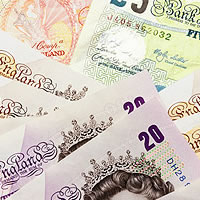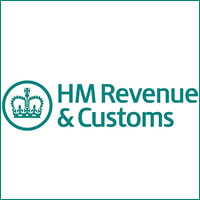Creating a Lasting Power of Attorney (LPA) is a crucial step in planning for the future, providing peace of mind and ensuring your affairs are managed according to your wishes. Here are ten reasons why making an LPA is important:
- Empowers Decision Making: An LPA allows you to choose someone you trust to make important decisions on your behalf if you become unable to make them yourself due to mental or physical incapacity.
- Avoids Court Intervention: Without an LPA, if you lose mental capacity, your loved ones may need to apply to the court for deputyship, which can be costly, time-consuming, and emotionally draining.
- Maintains Control: By creating an LPA, you maintain control over who will make decisions for you, ensuring that your preferences and values are respected.
- Financial Management: With a Property and Financial Affairs LPA, your chosen attorney can manage your finances, pay bills, and make financial decisions on your behalf, ensuring your financial affairs are handled responsibly.
- Healthcare Decisions: With a Health and Welfare LPA, your attorney can make decisions about your medical treatment, care arrangements, and daily living requirements if you are unable to do so yourself, ensuring your healthcare needs are met according to your wishes.
- Reduces Family Conflict: Designating an attorney through an LPA can help prevent disputes among family members about who should make decisions on your behalf, reducing potential conflicts during already stressful times.
- Ensures Continuity: By appointing an attorney through an LPA, you ensure that there is someone authorized to manage your affairs immediately if you become incapacitated, avoiding delays in important decision-making.
- Protects Vulnerable Individuals: LPAs are particularly important for vulnerable individuals, such as the elderly or those with disabilities, as they provide a legal framework for their care and financial management.
- Flexible Arrangements: LPAs can be tailored to your specific needs and preferences, allowing you to specify instructions and limitations for your attorney, ensuring that your wishes are followed.
- Peace of Mind: Ultimately, creating an LPA provides peace of mind for both you and your loved ones, knowing that there is a plan in place for the management of your affairs if you are unable to do so yourself.
In summary, creating a Lasting Power of Attorney is an essential part of estate planning, ensuring that your affairs are managed according to your wishes and providing peace of mind for you and your loved ones.


